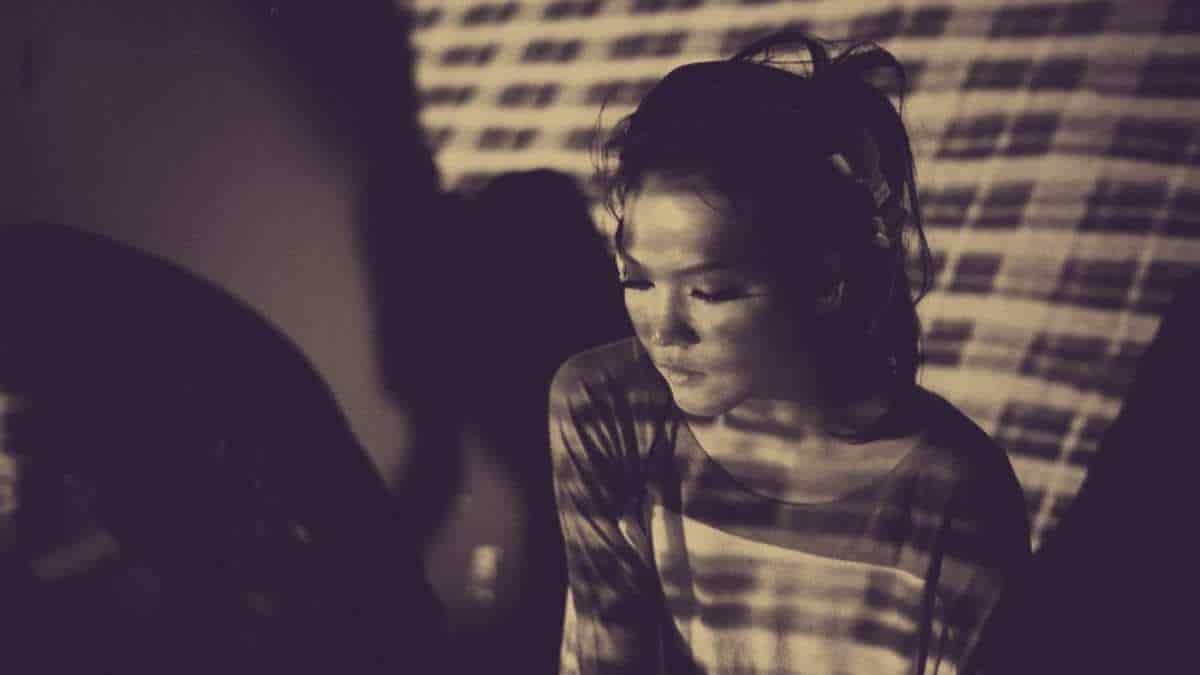According to a recent genetic study by UCL (University College London) researchers, sleeping less than five hours per night may increase the risk of developing depressive symptoms. Previously, poor sleep was thought to be a side effect of mental illness, but this study discovered that the relationship between sleep and mental disease is more nuanced.
The study examined data from people with an average age of 65 and found that lack of sleep was linked to the onset of depressive symptoms.
We have this chicken or egg scenario between suboptimal sleep duration and depression, they frequently co-occur, but which comes first is largely unresolved. Using genetic susceptibility to disease we determined that sleep likely precedes depressive symptoms, rather than the inverse,”
said lead author Odessa S. Hamilton, UCL Institute of Epidemiology & Health Care.
Polygenic Scores Key
The researchers used genetic and health data from 7,146 people recruited by the English Longitudinal Study of Ageing (ELSA), a nationally representative population study in England, for the study.
They found that people with a stronger genetic predisposition to short sleep (less than five hours in a given night) were more likely to develop depressive symptoms over 4–12 years, but that people with a greater genetic predisposition to depression did not have an increased likelihood of short sleep.
Short and long sleep durations, along with depression, are major contributors to public health burden that are highly heritable. Polygenic scores, indices of an individual’s genetic propensity for a trait, are thought to be key in beginning to understand the nature of sleep duration and depressive symptoms,”
said senior author Dr. Olesya Ajnakina, of UCL Institute of Epidemiology & Health Care and the Institute of Psychiatry, Psychology & Neuroscience at King’s College London.
Previous genome-wide association studies were used to figure out how strong the genetic predisposition was among ELSA participants. These studies found thousands of genetic variants that were linked to a higher risk of depression and short or long sleep.
Non-genetic Associations
As part of a number of separate analyses to see how strong their results were, the research team also looked at non-genetic links between depressive symptoms and sleep duration.
They discovered that persons who slept for five hours or less were 2.5 times more likely to acquire depressed symptoms, while people who had depressive symptoms were one-third more likely to have short sleep. They controlled for a wide range of variables that could influence the results, including education, wealth, smoking status, physical activity, and minimizing long-term sickness.
The researchers also found a link between sleeping long and developing depressive symptoms, with participants sleeping longer than nine hours being 1.5 times more likely to develop depressive symptoms than those who sleep an average of seven hours. However, four to twelve years later, depressive symptoms were not associated with sleeping longer, confirming the genetic findings.
“Suboptimal sleep and depression increase with age, and with the worldwide phenomenon of population aging there is a growing need to better understand the mechanism connecting depression and a lack of sleep. This study lays important groundwork for future investigations on the intersection of genetics, sleep, and depressive symptoms,”
Professor Andrew Steptoe, Head of Behavioral Science and Health, UCL Institute of Epidemiology & Health Care, said.
Sleep Duration: Partially Inheritable
The participants in the study slept an average of seven hours per night. More than 10% of participants slept for less than five hours per night at the start of the trial, rising to more than 15% at the conclusion, and the number of people classified as having depressive symptoms climbed by nearly three percentage points from 8.75 to 11.47%.
Both sleep duration and depression are partly inherited from one generation to the next. Earlier twin studies have suggested depression is about 35% heritable and that genetic differences account for 40% of the variance in sleep duration.
Data on sleep and depressive symptoms were combined from two ELSA surveys conducted two years apart for the study, as sleep duration and depression are known to fluctuate over time.
Abstract
Suboptimal sleep durations and depression frequently cooccur. Short-sleep and long-sleep are commonly thought of as symptoms of depression, but a growing literature suggests that they may be prodromal. While each represents a process of mutual influence, the directionality between them remains unclear. Using polygenic scores (PGS), we investigate the prospective direction involved in suboptimal sleep durations and depression. Male and female participants, aged ≥50, were recruited from the English Longitudinal Study of Ageing (ELSA). PGS for sleep duration, short-sleep, and long-sleep were calculated using summary statistics data from the UK Biobank cohort. Sleep duration, categorised into short-sleep (“≤5 h”), optimal-sleep (“>5 to <9 h”), and long-sleep (“≥9 h”), was measured at baseline and across an average 8-year follow-up. Subclinical depression (Centre for Epidemiological Studies Depression Scale [≥4 of 7]) was also ascertained at baseline and across an average 8-year follow-up. One standard deviation increase in PGS for short-sleep was associated with 14% higher odds of depression onset (95% CI = 1.03–1.25, p = 0.008). However, PGS for sleep duration (OR = 0.92, 95% CI = 0.84–1.00, p = 0.053) and long-sleep (OR = 0.97, 95% CI = 0.89–1.06, p = 0.544) were not associated with depression onset during follow-up. During the same period, PGS for depression was not associated with overall sleep duration, short-sleep, or long-sleep. Polygenic predisposition to short-sleep was associated with depression onset over an average 8-year period. However, polygenic predisposition to depression was not associated with overall sleep duration, short-sleep or long-sleep, suggesting different mechanisms underlie the relationship between depression and the subsequent onset of suboptimal sleep durations in older adults.
Reference:
- Hamilton, O.S., Steptoe, A. & Ajnakina, O. Polygenic predisposition, sleep duration, and depression: evidence from a prospective population-based cohort. Transl Psychiatry 13, 323 (2023). doi: 10.1038/s41398-023-02622-z
Image credit: Christopher Adams CC-BY
Last Updated on November 11, 2023
